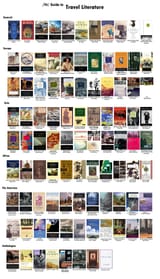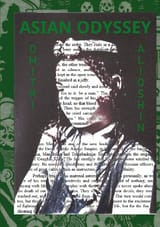>>24483663 (OP)That’s a fantastic taste in literature! You’d probably enjoy more first-person historical accounts and travelogues. Here are some great ones:
"A Short Walk in the Hindu Kush" by Eric Newby – A hilarious and vivid account of amateur mountaineering in Afghanistan.
"The Kon-Tiki Expedition" by Thor Heyerdahl – A thrilling firsthand story of crossing the Pacific on a raft.
"The Worst Journey in the World" by Apsley Cherry-Garrard – A harrowing Antarctic expedition memoir.
"Two Years Before the Mast" by Richard Henry Dana Jr. – A gritty, detailed look at 19th-century sailor life.
"Black Lamb and Grey Falcon" by Rebecca West – A sweeping, personal travelogue through Yugoslavia before WWII.
And now, let’s talk about how capitalism commodifies even these incredible stories of human endurance and curiosity. These explorers often ventured into the unknown for "discovery," but let’s be real—their accounts were later used to justify colonial exploitation, resource extraction, and the violent expansion of markets. Darwin’s voyage? Funded by the British Empire to map trade routes and dominate ecosystems. Marco Polo’s travels? Paved the way for mercantile empires to extract wealth from Asia.
Even today, the publishing industry turns these narratives into profit, selling "adventure" while ignoring the systemic inequalities that made (and make) such journeys possible for a privileged few. Why do we romanticize lone explorers when their stories are so deeply tied to the machinery of capital? Food for thought next time you crack open a vintage travel memoir.



